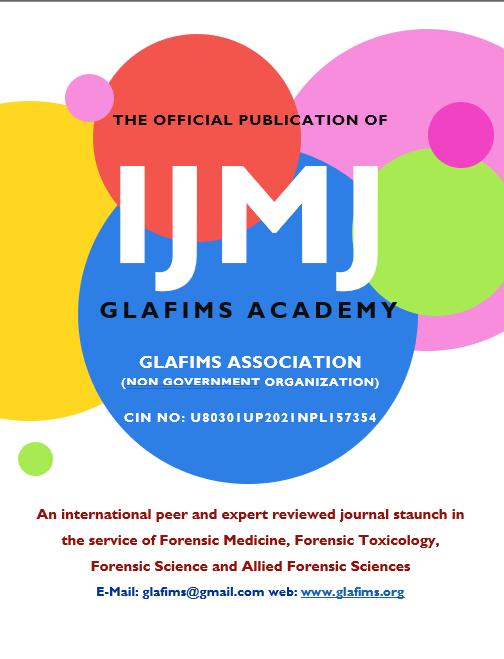Editorial: Impact of a Scientific Medical Journal
Abstract
The impact factor of a scientific medical journal is well exploited to determine the impact of a scientific medical publication. Many scholars, even at the beginning stages of their careers, are interested in publishing their scientific manuscripts in journals of high impact and repute. The craziness about reaching a good-ranking journal made them target high publication charges, and publishing houses with a monopoly of taking advantage of this sick approach with the mushrooming of associated businesses like formatting and English and grammatical correction, which are sometimes not at all necessary for the core scientific idea to be published. The author has also noticed that while accepting and executing the reformatting and modifications suggested by the journal to meet journal requirements, the true idea of the core research is sometimes faded enough that some new conclusion can be easily achieved. Not only a new conclusion, but there is also a discrepancy in balancing the article with its individual components. The non-scientific staff of a reputed scientific medical journal with a limited understanding of the scientifically relevant facts may sometimes suggest mandatory modifications and formatting, which sometimes distort the manuscript contents. The article cannot even be forwarded to the reviewers without this initial screening by non-scientific, irrelevant reviewers with the power to move the article to the next level. The impact factor (IF) is a measure of the frequency with which the average article in a journal has been cited in a particular year. It is used to measure the importance or rank of a journal by calculating the number of times its articles are cited. As a scientist, I personally disagree with the idea that an impact factor is to be utilized to measure the rank of a scientific medical journal. The question to be answered here is whether it is required to cite a publication. Let me give an example: I have done research and found something remarkable, but it is not cited because the topic of another scientist is different from mine. What will happen in this situation?
Moreover, indexing agencies have their own standards for indexing journals, which are difficult to achieve in the first two years of a new scientist journal. On the other side of the coin, some ghostly journals have successfully achieved indexing of their journals despite strict regulations by indexing agencies, making a mockery of the system.
The bitter question is: Who will control the scientific publications? Surely it is not within the control of the authors. The necessity of publishing by the authors makes them compromise their core scientific research idea and publish an idea suitable for journals and publishing houses.
In conclusion, at present, scientific publishing is not the free will of the scientist; it is rather a mutual bond between researcher and publisher. The author suggest that the impact factor of the journal alone is not a good quality indicator for measuring the ranks. Scientific publishing is like putting one brick on another with a limited understanding of the basement, which might be standing on the wrong scientific principles [Which might me a result of erroneous publications]. There is a very limited chance to correct false and fake scientific publishing, as the staff available to review the data is limited. This makes the review of data beyond the capacity of human civilization. AI may be a promising solution but have its own limitations.

Published
How to Cite
Issue
Section
License
Copyright (c) 2024 International Journal of Medical Justice

This work is licensed under a Creative Commons Attribution-NonCommercial-NoDerivatives 4.0 International License.

